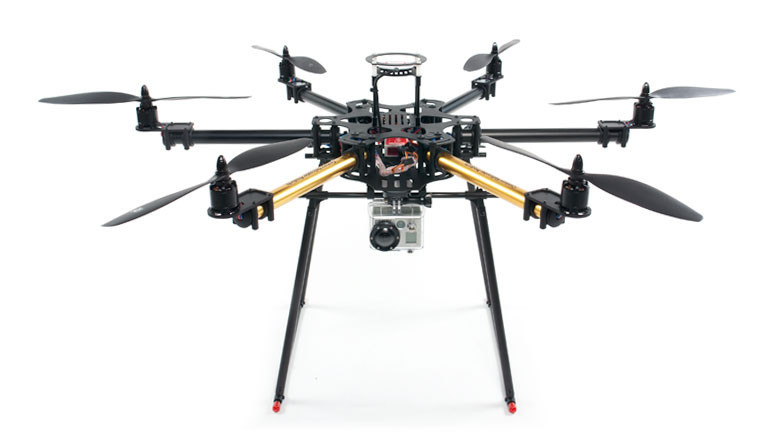The San Jose Police Department will try to make a case Saturday at a public outreach meeting about its desire to use the drone it purchased in January -- without City Council approval or public discussion. The agency has been trying ever since to respond to charges that it needs to be more open about why it wants to use drones.
At a November meeting at City Hall of the San Jose Neighborhoods Commission, Deputy Police Chief Dave Hober insisted the agency just wants to use its drone for things like search-and-rescue missions and to help the bomb squad check potential threats from a distance.
"And also," Hober added, "for potential issues where somebody’s life could be immediately in danger, like an active shooter, or hostage, or barricade situation. A rough proposal was outlined in a PowerPoint presentation.
Despite the limits of the proposal, critics like Charlotte Casey of the San Jose Peace and Justice Center argued that the public is wary, given the way drones are used for international warfare. "I understand that they [domestic drones] are not armed," Casey said during the public comment period of the Nov. 13 meeting, "but the idea right away makes people fearful."
There's another fear, expressed by many from civil libertarians to Muslim-American rights groups: "mission creep," the gradual expansion of the list of possible uses for drones after a police department has gotten an initial go-ahead.

